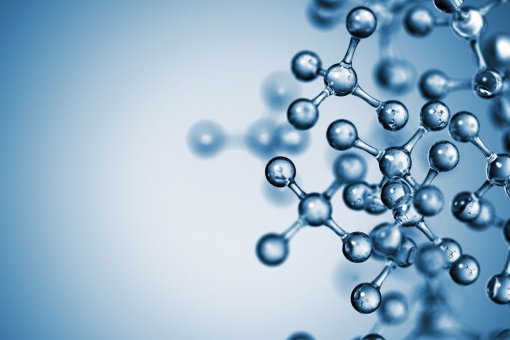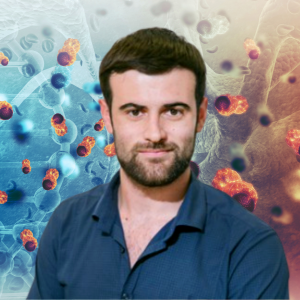Protein–protein interactions (PPIs) govern all biological processes. Some compounds modulate PPIs by inducing protein proximity. A particular subtype of these molecules, called molecular glue degraders, orchestrate interactions between a target protein and an E3 ubiquitin ligase. E3sare part of the cell’s protein degradation machinery.
In this review, published in Chemical Society Reviews, we provide an overview of the “molecular glue” concept, with a special focus on natural and synthetic molecular glue degraders.
Molecular glue degraders have a huge potential. They not only offer the opportunity to potentially target any disease-relevant protein, even if considered inaccessible, but also possess favorable drug-like properties, facilitating the reach of clinical practice.
However, the majority of existing molecular glue degraders were discovered unintentionally,
including compounds now used in the clinic that were approved before elucidating that
they indeed work as molecular glue degraders.
Now, the paradigm is changing and the first examples of intentional discoveries have started to arise. We outline the different strategies to find molecular glue degraders reported in this rapidly evolving arena and our thoughts on future perspectives.
By mastering the ability to influence PPIs, molecular glue degraders can induce the degradation of otherwise undruggable proteins, thus providing an exciting path forward to broaden the targetable proteome.
Read the full review here.
Luis Nieto & Ana Domostegui
Targeted Protein & Drug Discovery Laboratory, IRB Barcelona




